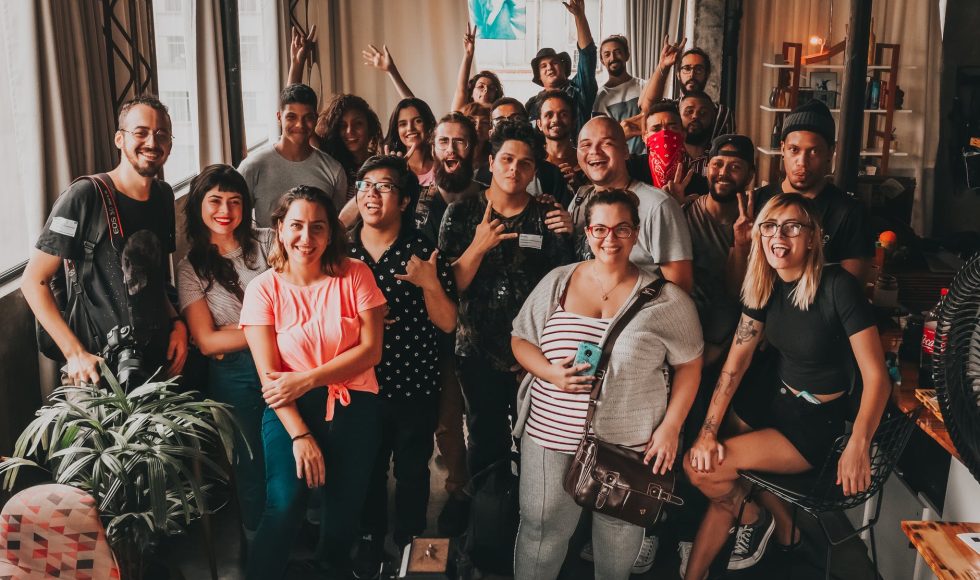Gregory Allar presented an asynchronous Lilly Conference session last year about annotating readings using Hypothes.is for deeper learning. Allar mentioned annotating creates “anchored context for conversation”. Allar went on to describe how they use Hypothes.is in several courses and a variety of assignments. Allar uses annotation for engagement and so that students interact with texts […]
Dr. Robert Chatt from Westfield State University in Massachusetts presented at the Lilly Conference last year an asynchronous session on an approach they are using to increase motivation in a finance course. I had the opportunity to watch this session this evening and enjoyed Chatt’s honesty and conversational tone as well as enthusiasm for the […]
Christine Kenney, Melissa Sreckovick, and Eric Common from the University of Michigan – Flint presented an asynchronous session at the Lilly Conference on easy to implement practices to promote student engagement. Their perspective as teacher educators was evident, and while the activities they described are used in K-12, they can also be beneficial in higher […]
Today I attended the first session of SABER West. The town hall panel discussion was about inclusion and equity and planning conferences. It was really good to hear several considerations for meeting meetings ranging from noise-free areas and speaker training guides to colorblind friendly templates. One thing that really resonated with me and I hope […]
How do you visualize a round circle discussion? If you were to draw connections between speakers, it may look like spiderweb! Ian Wolf from Fayetteville Technical Community College presented an asynchronous session at the Lilly Conference entitled “Leveraging Curiosity, Sociality, and Authenticity to Create Impactful, Student-Led Discussion”. Wolf uses questioning and a structure to set […]
Michael Crumpton and Joanna DePolt from UNC Greensboro presented a recorded session at the Lilly Conference emphasizing the collaborative opportunities among adjunct faculty, faculty, practitioners, and students in Library Information Sciences (LIS) education. The presenters described examples of collaboration in the LIS department. The value of adjuncts and practitioners in working with research faculty and […]
Dr. Katrina Kardiasmenos from Bowie State University and Dr. Mariann Hawken from UM Baltimore County presented a recorded Lilly Conference session about preparing faculty to teach online at their institutions. Both presenters have extensive experience with course design, Blackboard, and Quality Matters (QM). They are Certified QM Reviewers and coordinated efforts to prepare faculty to […]
Professor Emeritus Milt Cox from Miami University of Ohio presented a recorded Lilly Conference session about the commonalities and differences of three scholarships: Teaching and Learning, Academic Development, and Learning Communities. Cox has done extensive scholarly research and is editor of a Scholarship of Learning Communities journal. Cox compared the processes of the three scholarships […]
In another fun asynchronous Lilly Conference session on faculty development, Steven Eberth and Lisa Singleterry from Western Michigan University presented on faculty learning communities and communities of practice. I love how they started by building online community with a graphic of equality and equity (fence with kids of different heights, in one case using different […]
Tonight I watched a webinar by Dr. Bedelia Richards entitled “How to Challenge Race and Gender Bias in Student Evaluations” and available through our institutional subscription to the National Center for Faculty Development and Diversity (NCFDD) and part of the RED Teaching Certificate. This hourlong webinar was truly eye-opening, and I have recommended it to […]











